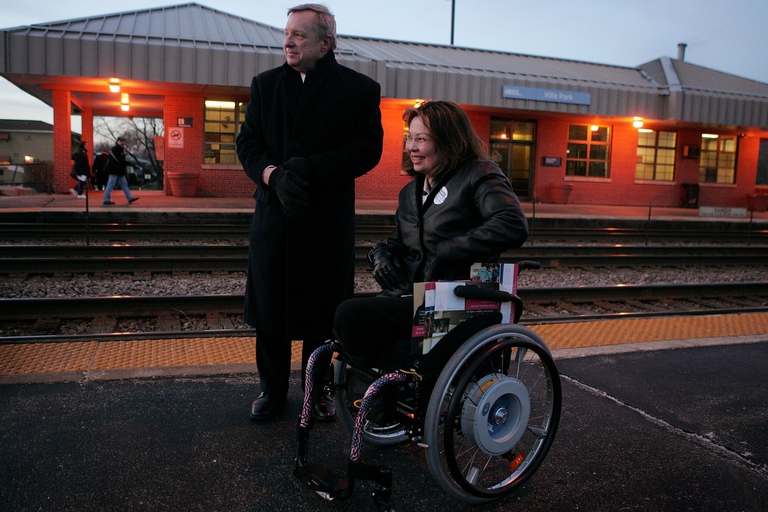https://www.lifegate.it/inghilterra-biglietterie-treni-aperte
- |
- The British government rejects the proposal to close traditional ticket offices due to concerns about the reliability of automatic ones in complex situations.
- The need for human operators is highlighted to guarantee an accessible service and personalized assistance, especially for people with disabilities.
- The government and associations fear that automation compromises immediate communication with passengers, raising concerns about the delivery of information and assistance.
Nobody touches them ticket offices in stations of the trains.The English railway system has been at the center of a heated debate, since the government has opposed to the closure of traditional ticket offices, thus preferring to maintain a human presence to meet the service standards required by passengers.British Transport Secretary Mark Harper recently announced that the government has rejected proposals from rail operators to further automate the ticketing process, highlighting the concerns regarding the reliability of the machines and the quality of the service offered.For now, the modernization process in English stations has been postponed, leaving open the debate on automation in the world of work and changes to travellers' purchasing habits.

Doubts about the capabilities of the machines
One of the main concerns raised by the English government concerns the ability of automatic ticket machines to manage needs passenger complexes.While these machines may be sufficient for standard transactions, such as purchasing single tickets, critics point out that they often they lack the flexibility to handle more complex situations or to provide personalized assistance.Secretary Harper, who is part of the Conservative Party and the Prime Minister's Government Rishi Sunak, stated:“We have asked train operators to withdraw their proposals as they do not meet the high standards that passengers expect.Let's stay worried about the capacity of the ticket machines to handle exceptional situations and provide a level of human assistance that many passengers require."
Another key point raised is theaccessibility.The automatic ticket machines, While they are designed to be accessible to all, they may present challenges for people with disabilities or those with special needs.The presence of human operators can guarantee a more personalized level of assistance that is sensitive to individual needs.Furthermore, there is concern about the way information and assistance passengers will be provided in the future.Operators can offer more flexible and immediate communication, answering specific questions and offering real-time support.As automated technologies advance, it remains uncertain whether they can completely replace empathy and human understanding towards passengers.
The importance of ticket offices
The closure plan was initiated because the UK's rail companies are under pressure from the government to cut costs.Transport companies argued that staff would be used to help passengers in person in other areas of the station, adding that only 12 per cent of tickets are now purchased at station kiosks.But passenger watchdogs Transport Focus and London Travelwatch objected to the proposals, saying they had received 750,000 responses from individuals and organizations which require continuity of the service offered so far.
The debate in England raises fundamental questions about direction the global rail industry intends to take.While automation offers undoubted advantages in terms of efficiency and cost reduction, it is clear that companies and institutions are determined not to sacrifice the quality of service offered to passengers and to do not reduce the number of jobs.It remains to be seen how the discussions will evolve and what solution will be adopted to ensure a balance between technological innovation and human needs in the railway system.In a world increasingly dominated by technology, the challenge is find a balance between innovation and passenger requests.The future of the English railway system could be an example for the rest of the world and demonstrate the need for hybrid solutions, in which automation improves efficiency, but Human operators remain essential to guarantee an adaptable, accessible and humanized service.
